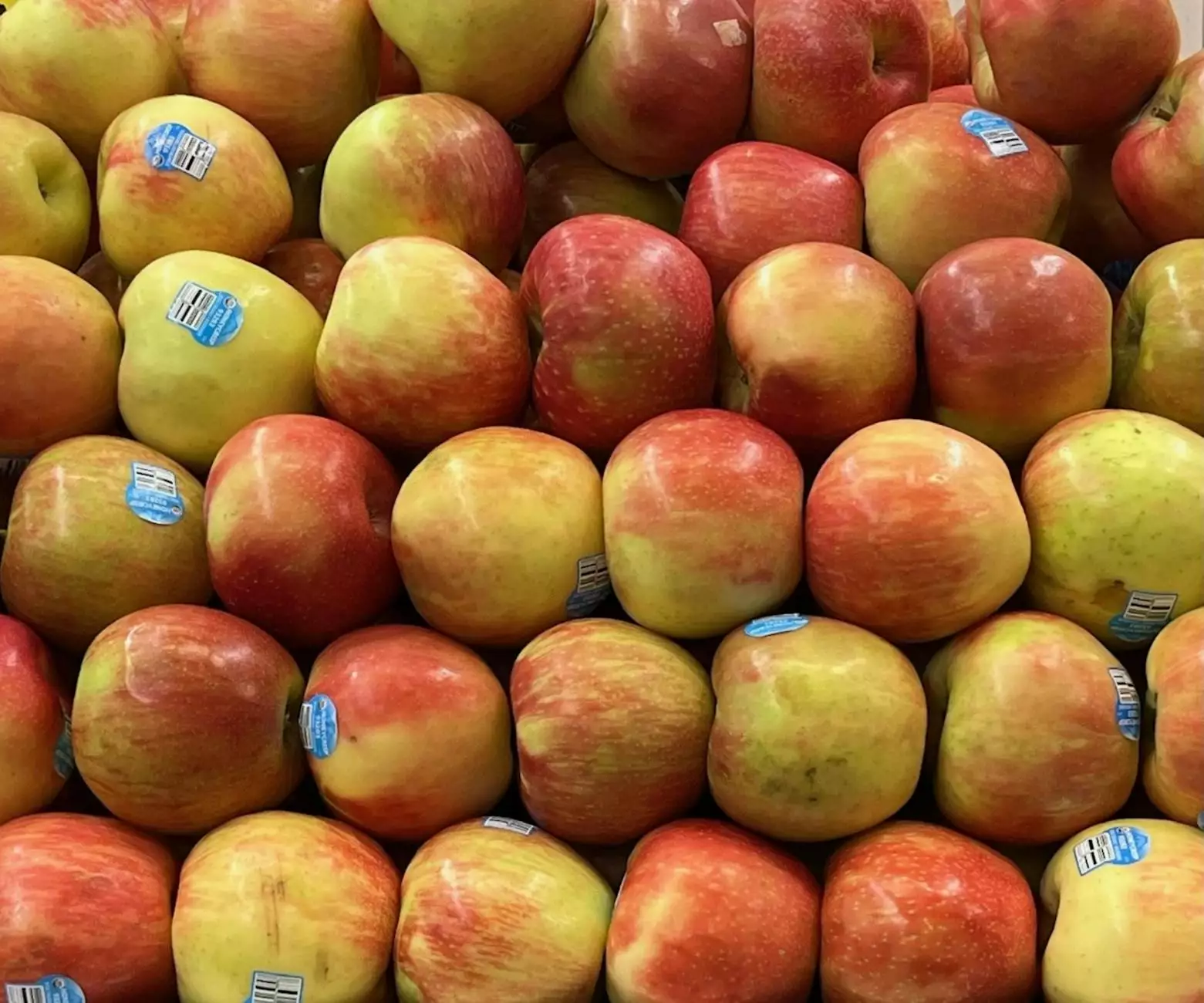The Significance of Gubre in Organic Farming

In today's world, where sustainable practices are becoming increasingly critical, the use of gubre (fertilizer) plays a vital role in organic farming. This article delves into the multifaceted benefits of gubre, its importance in soil health, crop productivity, and its overall contribution to environmental sustainability. With an increasing number of consumers seeking organic products, understanding the significance of gubre becomes imperative for both farmers and consumers alike.
Understanding Gubre: The Key to Soil Vitality
Gubre is essential for enriching soil, ensuring that plants receive the nutrients they need to thrive. Unlike synthetic fertilizers, which often degrade soil health, organic gubre enhances soil structure, improves moisture retention, and fosters a rich microbial ecosystem.
The Components of Gubre
Organic gubre typically comes from various natural sources, including:
- Animal Manure: Rich in nitrogen, phosphorus, and potassium, this type of gubre is a byproduct of livestock farming.
- Compost: Created from decomposed organic matter, compost is a well-rounded source of nutrients.
- Green Manures: Certain plants, when grown and then turned into the soil, enrich it with nutrients.
- Fish Emulsion: A liquid fertilizer made from fish, providing essential nutrients and trace minerals.
The Importance of Soil Health in Organic Farming
Soil health is the foundation of organic farming. It refers to the ability of soil to sustain plant and animal life and maintain environmental quality. Healthy soil is teeming with microorganisms that play a pivotal role in nutrient cycling and organic matter decomposition.
Benefits of Using Gubre on Soil Health
Using gubre in organic farming leads to numerous advantages:
- Enhanced Nutrient Availability: Gubre supplies essential nutrients that might be depleted in the soil, ensuring healthy plant growth.
- Soil Structure Improvement: Organic matter from gubre helps to bind soil particles, improving aeration and drainage.
- Increased Microbial Activity: The application of gubre promotes a diverse range of soil microorganisms, vital for nutrient cycling.
- Carbon Sequestration: Organic gubre helps capture carbon dioxide from the atmosphere, contributing to climate change mitigation.
The Economic Benefits of Gubre in Organic Production
Utilizing gubre isn't just beneficial for the environment; it also offers economic advantages for farmers:
Cost-Effectiveness of Gubre
Implementing gubre reduces the need for expensive synthetic fertilizers, which can significantly cut production costs.
Increased Crop Yields
Healthy soils lead to healthier plants, resulting in higher yields. Gubre applied adequately can improve the yield quality and quantity, enhancing farmers' profit margins.
Gubre and Crop Quality: A Perfect Match
Using organic gubre contributes to superior crop quality. Organic crops are often richer in flavor and nutritional value, making them more appealing in the marketplace. This aspect is particularly critical as consumers are increasingly educated about the quality of their food sources.
Consumer Preferences Towards Organic Produce
As consumer awareness of health and environmental issues grows, many prefer organic products, often willing to pay a premium. By investing in gubre and organic farming practices, farmers can tap into this lucrative market.
Environmental Impact and Sustainability
The importance of organic gubre extends beyond individual farms. Its use contributes to broader environmental sustainability:
Reduction of Chemical Runoff
Organic gubre minimizes the risk of chemical runoff into waterways, thereby protecting aquatic ecosystems. This reduction is critical to maintaining biodiversity and preventing water pollution.
Promotion of Biodiversity
Healthy soils rich in organic matter support a diverse range of plants, insects, and animals, which are essential for a balanced ecosystem. By using gubre, farmers promote biodiversity within and around their agricultural landscapes.
Choice of Gubre: Types and Best Practices
Choosing the right type of gubre is crucial for reaping its benefits. Understanding the specific nutrient needs of crops and soil conditions can guide this choice.
Best Practices for Applying Gubre
- Soil Testing: Always test soil to determine nutrient composition, which helps in choosing the right gubre.
- Application Timing: Apply gubre at times when crops can best utilize the nutrients, typically before planting and during growth phases.
- Regular Monitoring: Keep an eye on soil and plant health to adjust gubre application as needed.
Conclusion: Embracing Gubre for a Sustainable Future
In conclusion, the role of gubre in organic farming is indispensable. It enhances soil health, improves crop yields and quality, and contributes to environmental sustainability. As the market demand for organic produce continues to grow, embracing organic gubre can provide a dual benefit: fostering a thriving agricultural business while supporting the planet. By investing in sustainable practices that prioritize gubre, farmers can ensure their operations remain profitable and environmentally conscious.
Farmers and consumers alike should advocate for the use of gubre in sustainable agriculture, recognizing its potential not just as a fertilizer but as a catalyst for a healthier ecosystem. As we move forward, the importance of gubre will only become more pronounced, shaping the future of organic farming and food production.









